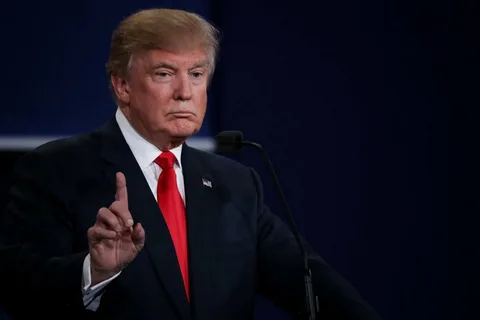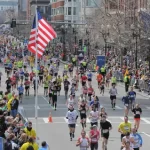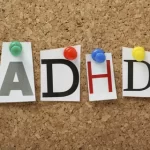Former President Donald Trump’s first criminal trial commenced, marking a significant moment as he faced 34 felony charges related to falsifying business records. The trial’s inauguration unfolded with Trump seated alongside his legal team, engaging in discussions with prosecutors over admissible evidence.
Donald Trump’s Jury Selection Challenges
Selecting an impartial jury proved challenging, with over 50 prospective jurors swiftly dismissed due to concerns about impartiality. The difficulty underscores the polarizing nature of Trump’s presidency, as many expressed doubts about their ability to remain unbiased. Despite Trump’s assertions of unfair treatment, most remaining jurors affirmed their impartiality, except one who was excused after admitting bias.
Trump’s defense team sought to prolong proceedings, requesting extended time for jury questioning and raising objections aimed at preserving grounds for appeal. Their tactics align with a broader strategy to delay the trial, particularly as the November elections approach. Prosecutors accused Trump of violating a gag order through social media posts, seeking sanctions against him.
Judge Juan Merchan made pivotal rulings, permitting testimony from Karen McDougal regarding her alleged affair with Trump but disallowing the infamous “Access Hollywood” tape. Merchan’s decisions shape the case’s narrative, balancing evidentiary considerations and prejudicial effects.
As the trial unfolds, these initial developments offer insights into the legal battle’s dynamics and the challenges ahead for both sides.






